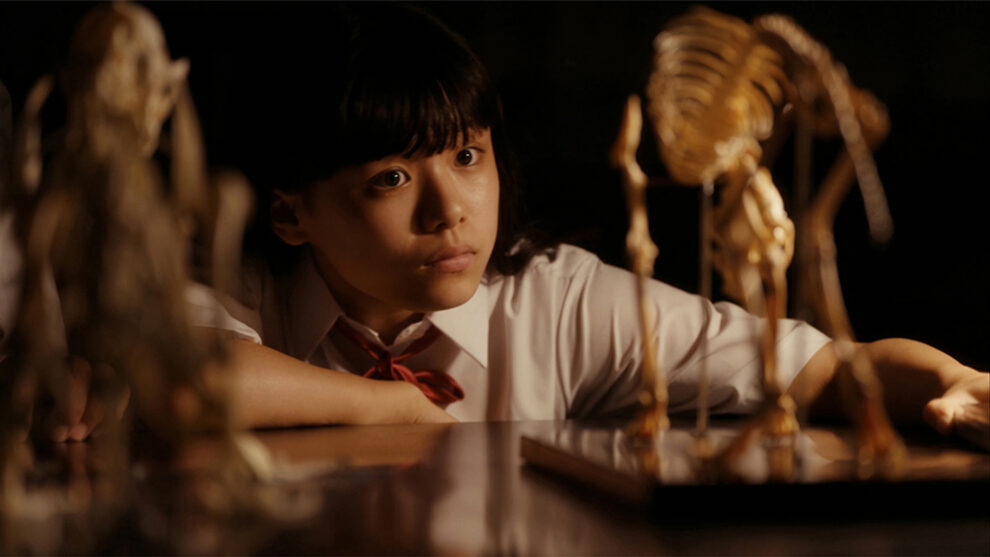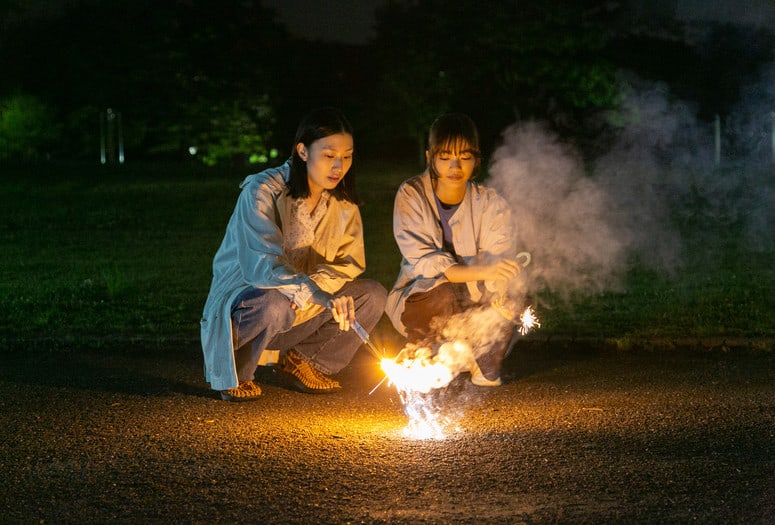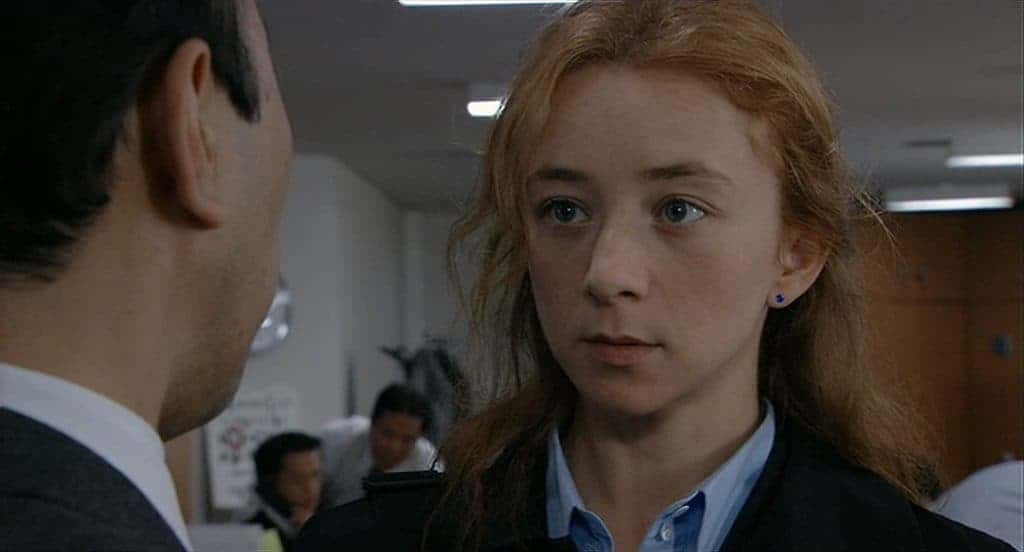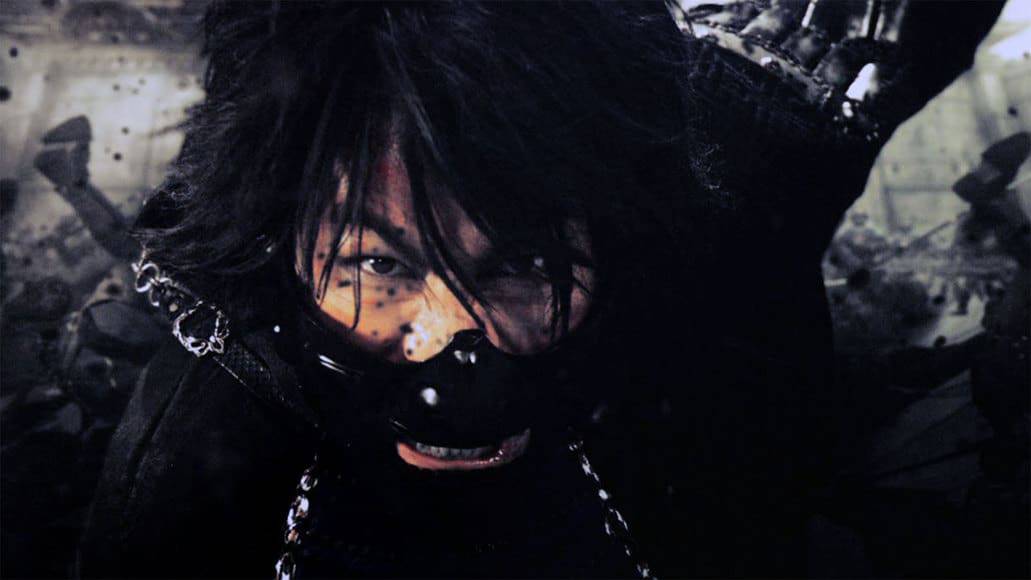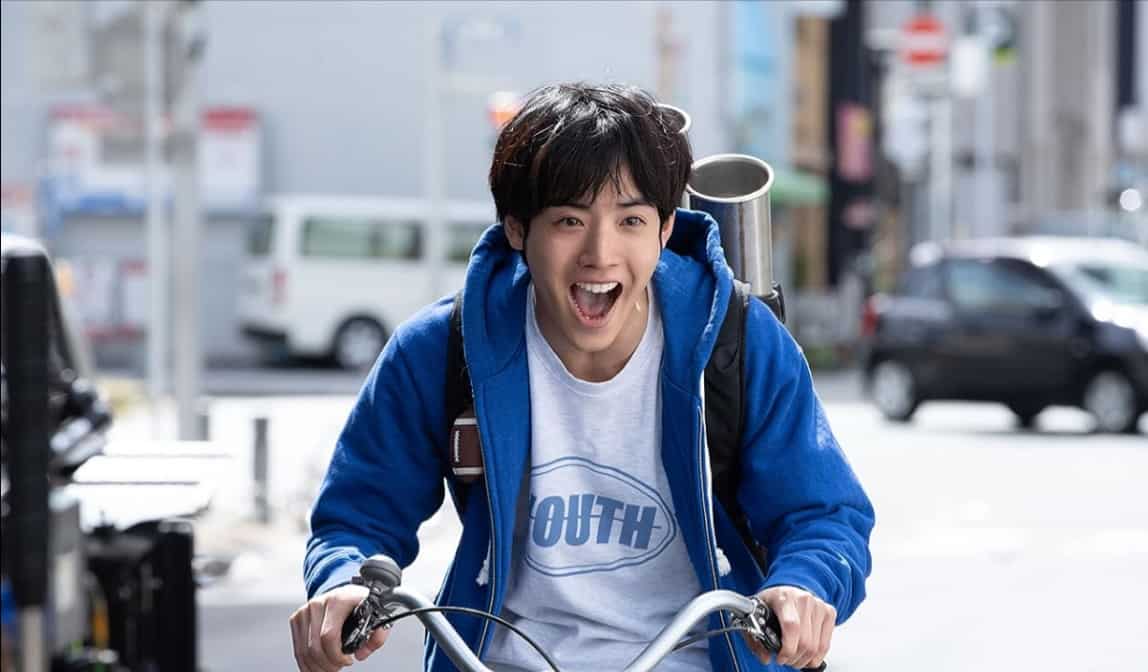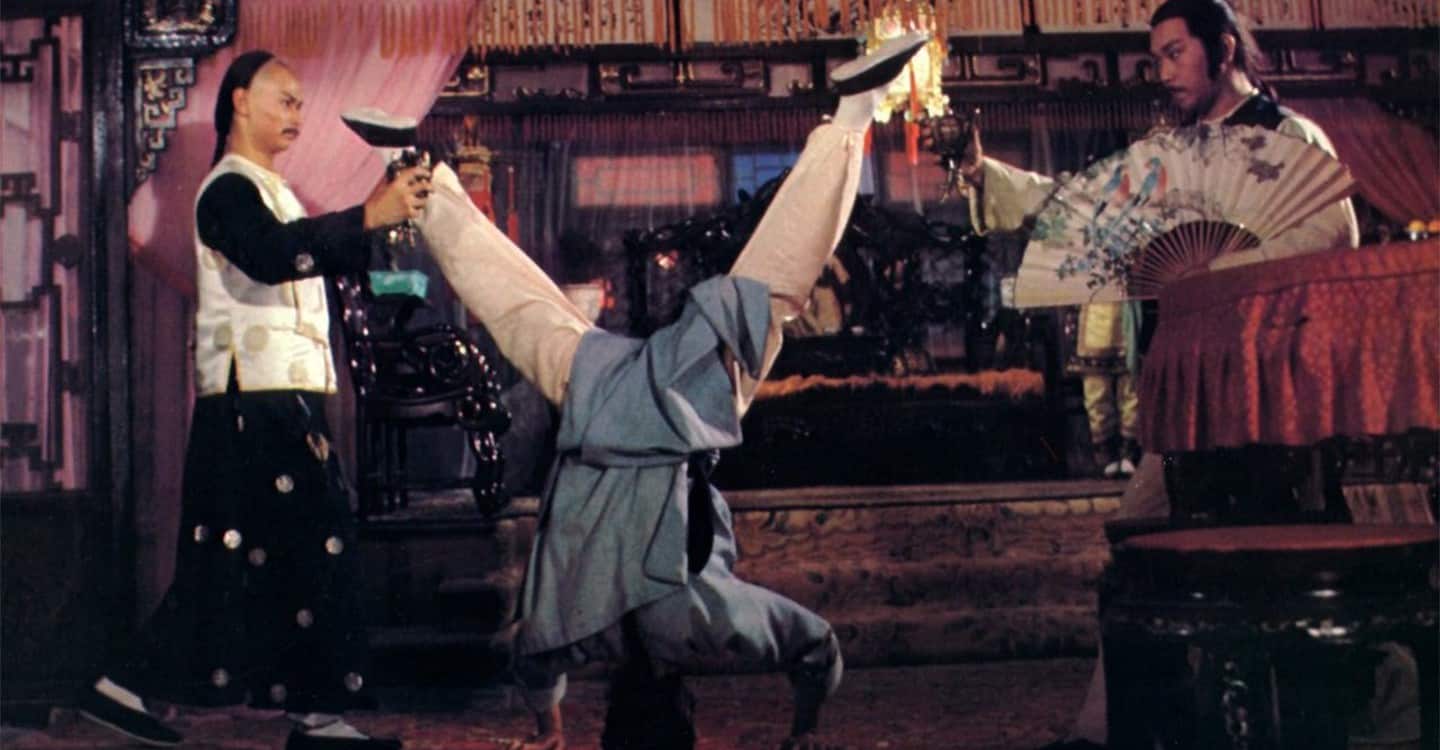Tomoichiro Setsuda started working as a director after winning the 2014 ADFEST award. He works mainly on TV commercials and movies in both Tokyo and Sapporo. He often works on dramas that depict the subtleties of human emotions. “Deep Bones” is the third of his shorts we deal with in Asian Movie Pulse, after “My Wings Became My Legs” and “Necessary and Unnecessary”.
Deep Bones is screening at Short Shorts Film Festival and Asia

The film begins with a schoolgirl lying in the school pool as if dead, before the next cut brings us in the office of the teacher, Mariko, where the girl is with a towel around her, probably after getting a scolding. The teacher goes out for a minute to yell to another teacher, Kobayashi, to stop boiling whatever it is he is boiling in the schoolyard close to her office. It turns out, though, that he is actually boiling the carcass of a fruit bat in order to separate the skeleton. The student and Kobayashi start talking with each other, with him approaching her and she trying to put some distance between them. It turns out that it is the summer, and the three of them are the only ones present in the school grounds.
Their discussion eventually moves to lanternfishes, with Kobayashi telling the student about their uniqueness. The two teachers start talking in the next scene, about Kobayashi's ‘hobby' and Mariko mentioning a surgery. Suddenly, the student asks to boil an animal also, with him suggesting a mouse. The more the three interact, they closer they come together, with Kobayashi drawing them both in his ‘endeavors'. It turns out that the girl is also ‘weird' herself.
Although the film begins in the usual style of Japanese indies about unusual people, “Deep Bones” stands out for a number of reasons. For starters, that the weirdos find each other not in a romantic way, but in a way that lets them understand each other more and connect is definitely intriguing. The same applies to the dialogues, which are amusingly absurd, but also echo quite realistically, while the parallels between animals, carcasses and people is additionally informative and a great sample of creative thinking.
The concept of bones and separating them from carcasses is also interesting, but the way people who have trouble connecting and interacting can find people to do so on occasion, emerges as a the main comment here, which is interestingly portrayed through the aforementioned two aspects.
Furthermore, the short is visually impressive, with the scenes in the pool, the brief animation, the ones of bones and the various empty locations in the school being rather appealing to the eye, in a testament to the quality of cinematography. The editing results in relatively slow tempo, with the scenes being long but the cuts abrupt, in an approach that adds to the entertainment the film offers.
The acting is also on a high level. Ririha Miyahara perfectly portrays the alienated teenager, while Shigehisa Nedu excels as Kobayashi, the kind-hearted nerd, and Mari Yasukawa convincingly plays Mariko, the ‘normal' one bewildered by the others' eccentricities.”
“Deep Bones” does not stray completely away from the style of Japanese indies, but definitely includes enough elements to stand out, with the story, the characters and the visuals being the main sources.


